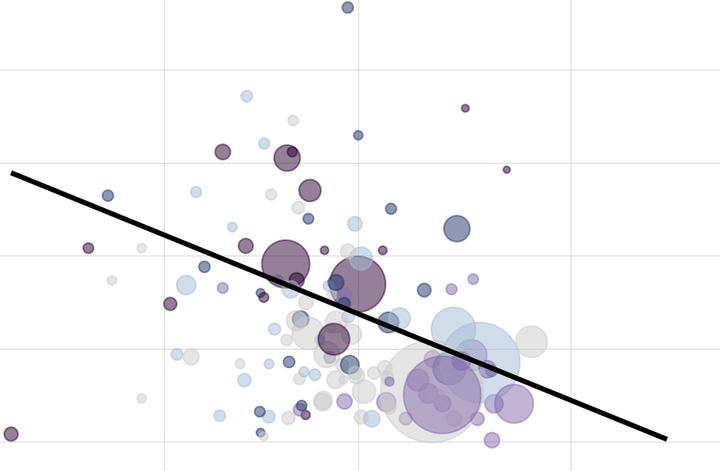
Abstract
In the last several years, Airbnb and other short-term rental services have grown precipitously across Canada, but very little is known about the scale and character of this activity or its impact on housing. Relying on spatial analysis of big data, this study presents the first comprehensive analysis of Airbnb in Canada, with an emphasis on the interaction between the short-term rental market and long-term housing. 128,000 Airbnb listings were active on average each day in 2018. Airbnb activity is highly concentrated geographically—nearly half of all active listings are located in the Toronto, Montréal and Vancouver metropolitan areas—and highly concentrated among hosts, the top 10% of whom earn a majority of all revenue. Contrary to the rhetoric of “home sharing”, almost 50% of all Airbnb revenue last year was generated by commercial operators who manage multiple listings. Moreover, 31,000 entire homes were rented frequently enough last year that they are unlikely to house a permanent resident. This housing pressure disproportionately affects cities in British Columbia. While current Airbnb activity is concentrated in major cities, active listings, total revenue, hosts with multiple listings, and frequently rented entire-home listings are all growing at substantially higher rates in small towns and rural areas.